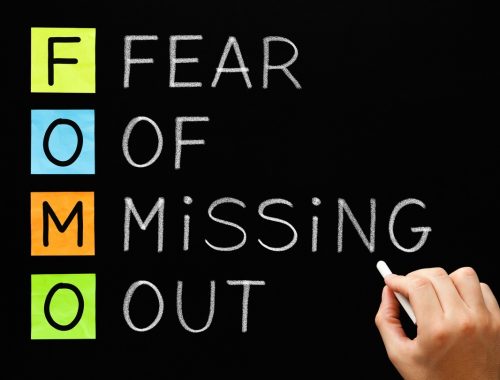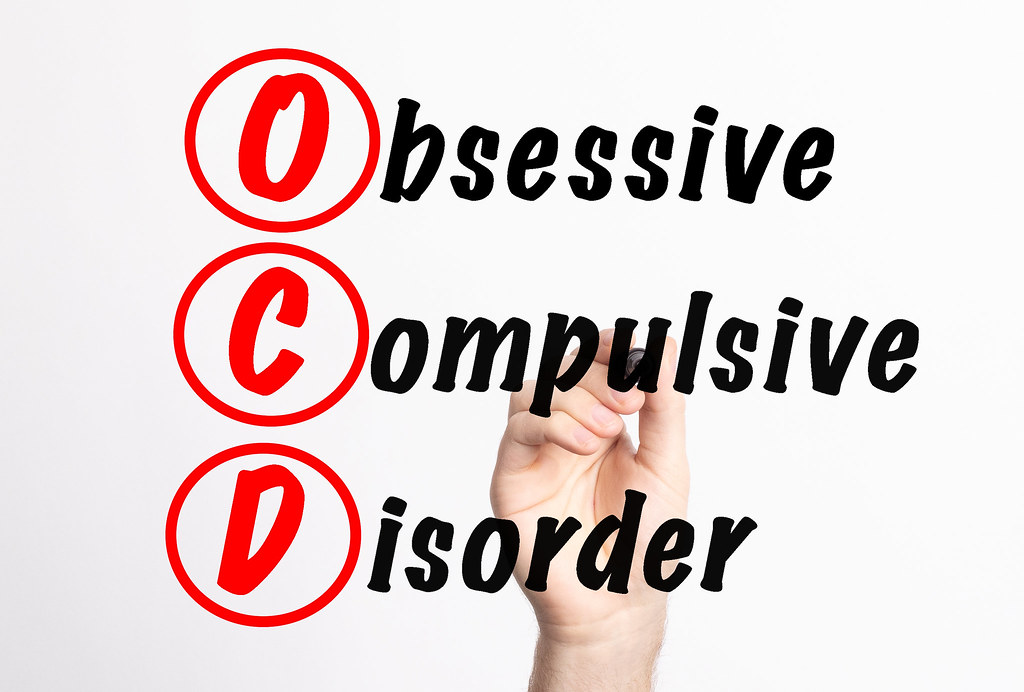
Self-Hatred And How To Combat It
Do you often have the thought, “I hate myself”? If you are filled with feelings of self-hatred, you know how frustrating they can be. Not only does self-hatred limit what you can achieve in life, but it also worsens mental health conditions such as anxiety and depression.
In order to get over feelings of self-hatred, it’s important to recognize the signs and symptoms, understand the underlying causes and triggers, realize the powerful effects it has on your life, and finally, make a plan to get over those feelings of self-hatred and develop healthy coping skills to feel better.
Below are some of the tell-tale signs that you might be living with self-hatred, beyond having occasional negative self-talk.
All-or-nothing thinking: You see yourself and your life as either good or bad, without any shades of gray in between. If you make a mistake, you feel as though everything is ruined or that you’re a failure.
Emotional reasoning: You take your feelings as facts. If you notice that you are feeling bad or like a failure, then you assume that your feelings must reflect the truth of the situation and that you are, in fact, bad.
Low self-esteem: You generally have low self-esteem and don’t feel as though you measure up when comparing yourself to others in daily life.
Seeking approval: You are constantly seeking outside approval from others to validate your self-worth. Your opinion of yourself changes depending on how others evaluate you or what they think of you.
Trying to fit in: You find that you always feel like an outsider and are always trying to fit in with others. You feel as though people dislike you and can’t understand why they would want to spend time with you or actually like you.
Taking criticism personally: You have a hard time when someone offers criticism, and tend to take it as a personal attack or think about it long after the fact.
Often feeling jealous: You find yourself jealous of others and may cut them down in order to make yourself feel better about your situation in life.
Throwing pity parties for yourself: You have a tendency to throw pity parties for yourself and feel as though you have been dealt a bad lot in life, or that everything is stacked against you.
Afraid to dream big: You are afraid to have dreams and aspirations and feel as though you need to continue to live your life in a protected way. You may be afraid of failure, afraid of success, or look down on yourself regardless of what you achieve.
Cynical viewpoint: You see the world in a very cynical way and hate the world that you live in. You feel as though people with a positive outlook are naive about the way that the world really works. You don’t see things getting any better and have a very bleak outlook on life.

Causes of Self-Hatred
If those signs sounded all too familiar, you’re probably wondering why you hate yourself and how you ended up here. You might not immediately know the answers to these questions, so it’s important to take some time to reflect. Below are some possible causes to consider.
It’s important to remember that not everyone who experiences self-hatred will have had the same life experiences. There is no singular path that leads to thinking, “I hate myself.” Consider your unique circumstances and what might have brought you to this point.
Negative Inner Critic: The inner critic is like a frenemy who is intent on undermining your success. This voice in your head is filled with self-hate, and can also evolve into paranoia and suspiciousness if you listen long enough. The inner critic doesn’t want you to experience success, so it will even cut you down when you do accomplish something good.
The more you listen to that critical inner voice, the more power you give to it. In addition, you might eventually start to project your own insecurities onto other people, leaving you paranoid, suspicious, and unable to accept love and kindness. If this sounds like you, then chances are that you have been listening to your negative inner critic for far too long.
Childhood Experiences: Did you grow up with parents who were critical of you? Or did you have a parent who seemed to be stressed, angry, or tense, and who made you feel as though you needed to walk on eggshells?
If so, you may have learned to be quiet and fade into the background. Childhood experiences or trauma such as abuse, neglect, being over-controlled, or being criticized can all lead to the development of a negative inner voice.
Bullying: Were you the victim of bullying in school, at work, or in another relationship? Even transient relationships with people can create lasting memories that impact your self-concept and affect your self-esteem.
If you find yourself having flashback memories of seemingly insignificant events with bullies from your past or present, it could be that the experience has had a long-lasting effect on your mind. If your negative inner voice replays the words of your real-life bullies, you have some deeper work to do to release those thoughts rather than internalize them.
Mental Health Conditions: A feeling of self-hatred could also be the result of a mental health condition such as depression or anxiety. Depression, for example, can cause symptoms such as hopelessness, guilt, and shame, which can make you feel as though you are not good enough. Unfortunately, the nature of depression also means that you are unable to see through this cognitive bias to recognize that it is your depression that is making you think this way.
The more that your condition influences your thoughts, the more likely it is that you will start to see this negative view of yourself as your reality. This can leave you feeling as though you are not worthy and do not belong. You may feel isolated and different from everyone else.

How to Combat Self-Hatred
If you are looking to get over self-hatred, there are a number of things you can do to break the cycle. Above all else, remember that you are not to blame for how you feel, but you are responsible from this day forward for the actions that you take toward making positive changes.
Take Care of Yourself: Instead of engaging in self-destructive behaviors, engage in self-care. This approach means taking care of your physical and mental health by doing all the things that will keep you feeling good. Eat healthy food, get regular exercise, get enough sleep, allow yourself to feel sexual pleasure, and talk kindly to yourself.
Try Journaling: Keep a journal to reflect on your day and how you felt about what happened. Reflect on the events of the day, examine situations that may have triggered certain emotions, and be mindful of the root causes of any feelings of self-hatred. As you journal each day, look for patterns and aim to become more aware of how your emotions shift. Research shows that expressive writing such as journaling can help to reduce psychological distress.
Talk Back to Your Inner Critic: As you start to become more aware of your emotions and their triggers, try to identify the thoughts that you have when faced with negative events. Ask yourself questions about whether your thoughts are realistic, or whether you are engaging in thought distortions. Try standing up to your inner bully by countering that inner voice with arguments to the contrary. If you find it hard to build up a strong voice on your own, imagine yourself taking on the role of a stronger person you know—such as a friend, famous person, or superhero—and talking back to the critical voice in your head.
Practice Self-Compassion: Instead of hating yourself, practice showing yourself compassion. This means looking at situations in a different light, seeing the good things that you have accomplished, and ending black-or-white thinking. What would you say to a friend or loved one who was having similar thoughts about themselves? Was that one bad thing that happened really the end of the world? Could you reframe the situation to see it as a setback instead of a catastrophe? When you can be kinder to yourself, you’ll open yourself up to more positive feelings and a positive inner voice. Research shows that compassion-focused therapy can improve self-esteem, which could be helpful to reduce self-hatred.
Move Toward Living the Life You Want: The antidote to feeling bad all the time might be to start taking small steps toward what you want in life. That might mean finding a new career path, traveling, getting out of debt, ending a relationship, starting a family, or moving far away. Determine your values and then start acting in accordance with them. Once you start to align with your values, it will be easier to feel confident in yourself.
There’s no reason to keep living your life with thoughts of hating yourself. Today, you can take the first step toward feeling better and living a life that isn’t filled with self-hatred and negative thought patterns.
You May Also Like

Am I A Nymphomaniac or Do I Just Love Sex?
2021-09-09
Understanding How Marketers Use FOMO to Manipulate You
2022-03-22

